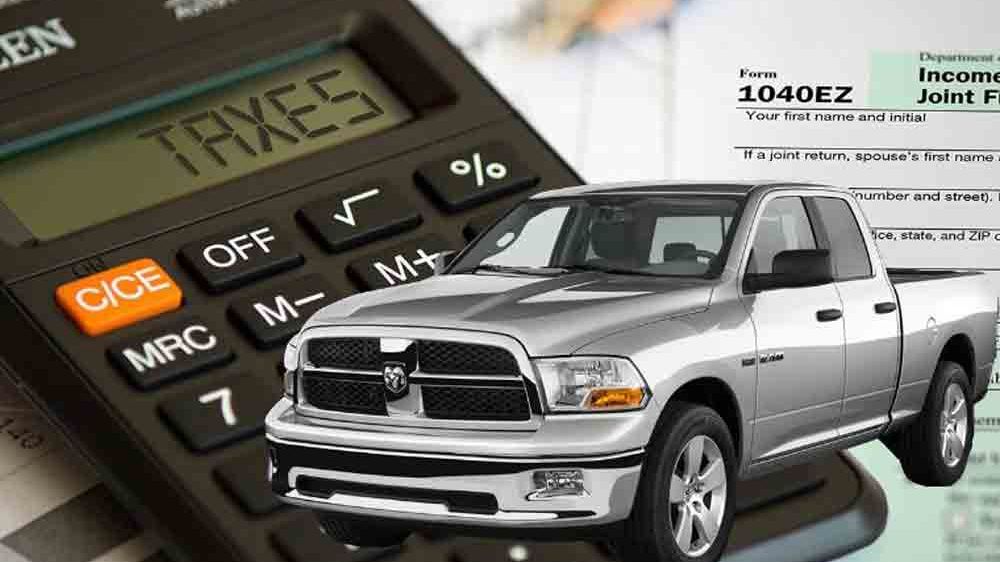The Punjab government has implemented an increase in the annual token tax for vehicles, effective from July 1st, as part of the new budget. The revised policy stipulates that the annual token tax will now be based on the invoice value of the vehicle rather than its engine capacity.
Punjab Raises Token Tax on All Vehicles




